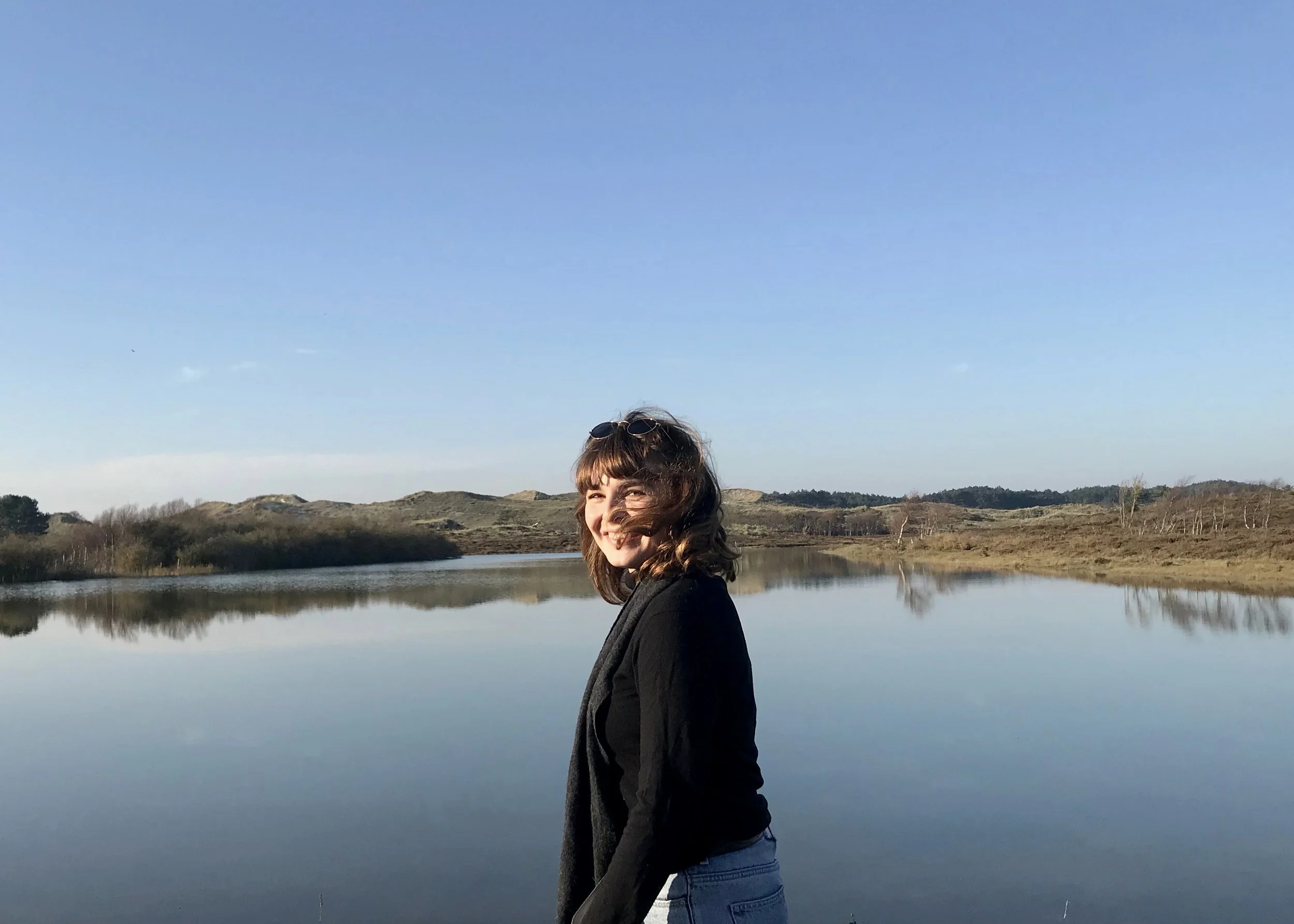About the project
Recently, the Kremlin has defended its unprovoked military invasion of Ukraine with ludicrous historical parallels and far-fetched conspiracy theories. The Russian war against Ukraine spotlights the most aggressive purposes to which “conspiratorial memory” can be put. Yet in other Eastern European contexts, too, culturally mediated and politically harnessed stories of manipulation and deceit (whether factual or not) go hand in hand with invocations of the twentieth-century past, its enduring effects, and the (subterranean) threats it might continue to pose.
This five-year ERC-funded research project (2021-2026) studies the entanglements of cultural memory and conspiracy theorizing in Eastern European film, literature, museums, public ceremonies, and online culture. The project resists historically isolated approaches and nationally focused perspectives on conspiracy theory. It also turns away from a scholarly tradition that treats the conspiratorial worldview as an individual pathology. Instead, our team spotlights conspiratorial imagination as a politically influential cultural practice. We analyze the commemorative gestures, the transnational interactions and the digital circulations that give conspiracy culture its specific twenty-first-century momentum.
Zooming in on four Eastern European case studies, the team members use qualitative methods of cultural analysis to examine how (conflicting) narratives about the past determine conspiracy culture’s hermeneutic practices, horizons of expectation, and affective attachments. In addition, the project studies the circulations of “conspiratorial memory” across national and cultural borders. Employing quantitative digital methods, we analyze how such cross-cultural interactions are facilitated and shaped by the specific affordances of online platforms.
While focusing on Eastern Europe, the project is interested in the wider dynamics and repercussions of “conspiratorial memory” beyond the region – its digital expressions, cultural mediations, and political instrumentalizations.
Team
Boris Noordenbos
Principal investigator & researcher, Chernobyl Subproject
I am Associate Professor of Literary & Cultural Analysis at the University of Amsterdam and affiliated with the Amsterdam School for Cultural Analysis (ASCA). My research interests revolve around the multifaceted question of how (popular) culture imagines and confronts ‘the past’. My focus is primarily on the countries of the former socialist world, and on Russia in particular. In my study Post-Soviet Literature and the Search for a Russian Identity (Palgrave Macmillan 2016), I analyzed Russian literary narratives of memory and trauma from the 1990s, and explored their contrasts and entanglements with emerging stories of wished-for national and imperial revival in the early Putin-era. More recently, I have delved into issues of nostalgia, both in Russia and beyond. This has resulted in the volume Post-Soviet Nostalgia: Confronting the Empire’s Legacies (Routledge 2019), which I edited together with Ksenia Robbe and Otto Boele (Leiden University).
In 2020, I obtained a research grant from the European Research Council. This gave me the opportunity to launch a five-year research project, in which I combine my fascination with memory and temporality with my deep curiosity for conspiracy culture. Conspiratorial Memory: Cultures of Suspicion in Post-Socialist Europe (2021-2026) is rooted in the conviction that our much-debated era of “post-truth” calls for a deeper understanding of how contemporary stories of deceit and manipulation tap into (conflicting) narratives about the past. Together with my team, I investigate how this dynamic plays out in a selection of prominent conspiracy-based stories and images from Poland, Russia, Ukraine and Belarus, both in online and offline culture. In addition, I explore the parallels between these Central and East European cases with recent instances of “conspiratorial memory” from Western Europe and the United States.
Anna Greszta
PhD researcher, From Donbas to Russo-Ukrainian War Subproject
Anthropologist by education and in heart, I am interested in the intersections of social sciences and humanities. I find great pleasure in exploring what is often marked mundane or naïve and showing its entanglements with political and historical tensions: memes, beauty contests, Internet fringe, namely: popular and digital culture. My previous research experience varies from examining Polish-Jewish relations and the memory of the Holocaust (BA, University of Warsaw, 2013-2016) to visual ethnography of discourses and practices of beauty in Ukraine (MSc, University of Copenhagen, 2017-2020). I join this project as a PhD researcher to analyze cultural imaginations of and conspiratorial constructions about the war currently raging in Ukraine.
Maria Plichta
PhD researcher, Smolensk Subproject
Having graduated from the Cultural Studies programme at the University of Łódź (Poland), I relocated to the Netherlands to pursue a research Master’s degree in Media Studies at the University of Amsterdam. I am currently a PhD researcher at the Amsterdam School for Cultural Analysis within the Conspiratorial Memory project. My project deals with the conspiratorial narratives around the Smoleńsk catastrophe and their cultural representations.
Daria Khlevnyuk
Postdoctoral researcher, Online USSR Subproject
I am a postdoctoral researcher with the Conspiratorial Memory project at the University of Amsterdam. My current research engages with the ‘old left’ memory culture in Russia, pro-Soviet memory communities, difficult pasts and contested collective memories. I published on museum exhibitions on the Soviet repressions in Russian regions and online memories.
I am a co-founder of the PoSoCoMeS working group at the Memory Studies Association.
Ilya Malafei
Research assistant
I am a Teacher at University College Maastricht. I received my research MA in Cultural Analysis from the University of Amsterdam in 2022, where I wrote a thesis on the visual politics of the 2020 protests in Belarus. My main research interests include the politics of cultural memory, new materialisms, protest art and critical curatorial practices in the museum. In the Conspiratorial Memory project, I provide administrative assistance to the team.









